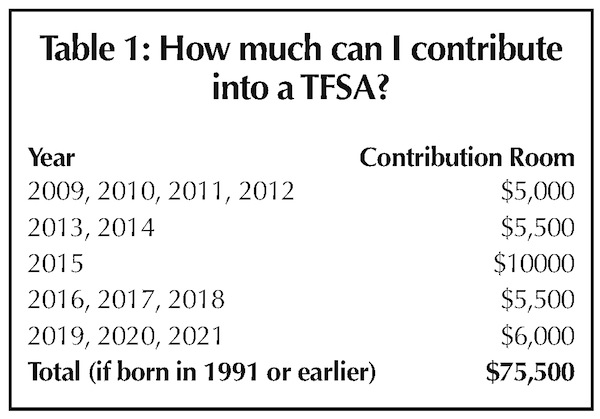Segregated fund products can offer greater peace of mind for those looking to participate in the market but wanting the reassurance of insurance guarantees to help them sleep better at night. (photo from pxhere.com)
Looking for an investment option that can help you sleep at night? Segregated fund products can guarantee you’ll get back some or all of the money you invest.
Segregated fund products, available exclusively through insurance companies, provide the growth potential of market-based investments with the benefits of an insurance contract. They first came into popularity more than 25 years ago, when interest rates began to fall and conservative investors turned to them as a secure alternative to guaranteed investment certificates (GICs). They continue to provide a safe way to grow your assets while providing you with some protection from market downturns.
Are segregated funds a good investment?
Ninety-eight percent of Canadians surveyed as part of the 2015 Retirement Now report said it’s important to have some form of guaranteed income in retirement. At the same time, Canadians are living longer than ever before and many are underestimating their longevity and are underfunding their retirement.
Segregated fund products can offer greater peace of mind for those looking to participate in the market but wanting the reassurance of insurance guarantees to help them sleep better at night. They’re particularly suitable for those who are:
• Seeking enough return on their investments to reach savings goals.
• Looking for a broad range of quality investment options.
• Building their savings but looking for protection against market downturns.
• Seeking insurance benefits, including prompt estate settlement and guarantees.
• Looking for guaranteed income for life.
Segregated funds vs alternative investments such as mutual funds
Segregated fund products have some similar features to mutual funds in that they can hold a range of assets and enable you to benefit from holding a diverse mix of investments. They differ in that they offer the following unique benefits:
• Maturity guarantee: Even if the value of your investment declines, you are still guaranteed to get back 75% to 100% of the money you have deposited, less any withdrawals, in either 15 years or at age 100, depending on the type of product you have selected.
• Death benefit guarantee: Segregated fund products offer a 75% or 100% death benefit guarantee that can protect the value of your estate. The greater of your market value or death benefit will bypass probate and flow directly to your beneficiaries, depending on the type of product you have selected.
• Potential creditor protection: Small business owners and entrepreneurs can benefit from the fact that, under provincial insurance legislation, segregated fund products may offer protection against creditors in the event of a bankruptcy.
Segregated fund products also provide a variety of investment options to meet the needs of people in specific life stages:
• Competitive fees: In the past, segregated funds have typically been more expensive than mutual funds. But some of today’s segregated funds come with lower maturity and death benefit guarantees and carry management fees not much higher than standard mutual funds.
• Lock in market gains: Some segregated fund products provide the option of resetting the maturity guarantee up to several times a year. If your funds go up in value, you can lock in a higher guarantee.
• Guaranteed income options: Looking to fund your retirement? Some segregated fund products are designed to function like an annuity and provide you with a guaranteed income for life.
• Naming beneficiaries on non-registered accounts so that it bypasses the estate and goes straight to the beneficiaries. This is a good tool for estate planning and to avoid any wills variation issues.
• Designate an irrevocable beneficiary who needs to sign off on any account withdrawals or changes. Owner retains control while providing a gift to children or grandchildren.
Philip Levinson, CPA, CA, is an associate at ZLC Financial, a boutique financial services firm that has served the Vancouver community for more than 70 years. Each individual’s needs are unique and warrant a customized solution. Should you have any questions about the information in this article, visit zlc.net or call 604-688-7208.
Disclaimer: This information is not to be construed as investment, legal, taxation or account advice, nor as an offer to sell or the solicitation of an offer to buy any securities. It is designed only to educate and inform you of strategies and products currently available. The views expressed in this commentary are those of the author alone and are not necessarily those of ZLC Financial. As each situation is different, please seek advice based on your specific circumstance.



